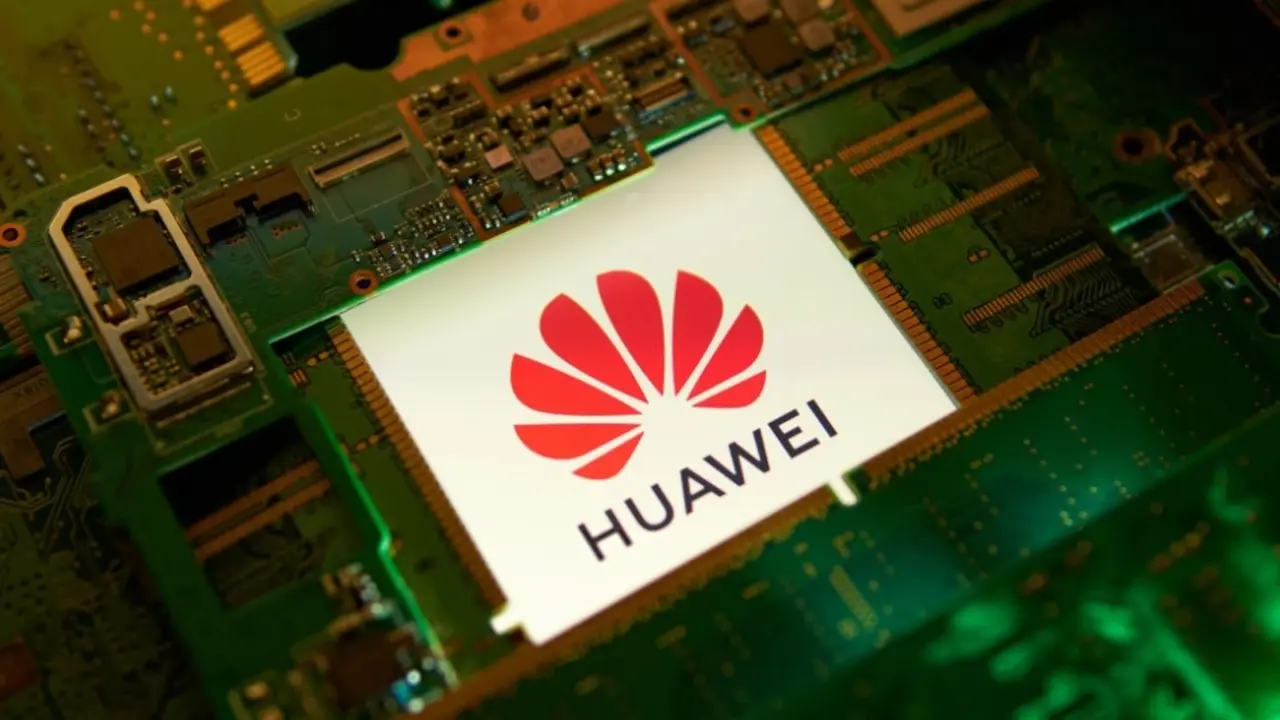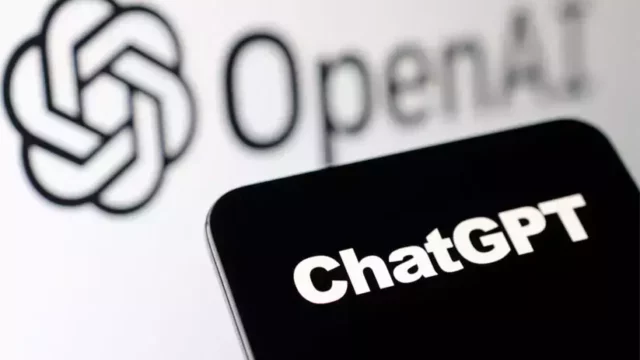Huawei continues to claim the AI chip market despite all global embargoes. The company’s flagship Ascend 910 series could reach over 700,000 units sold by 2025.
Huawei is here with Ascend 910 processors
Although the Ascend 910C model did not provide as high performance as expected, it has become an important player in China’s domestic AI market. The new generation chip combines two previous-generation 910B chips to reach 800 TFLOP/s in FP16 format. This performance level is considered to be on the same level as Nvidia’s H100 GPU model.

Huawei is dependent on SMIC, China’s largest contract semiconductor manufacturer, for production. However, this relationship also brings with it some technical restrictions. The company faces serious efficiency problems in production carried out through SMIC.
Low efficiency causes Ascend 910C chips to be at a disadvantage in terms of cost and volume. In addition, the use of HBM2 memory technology in new models still provides limited performance in terms of energy efficiency despite the increased processing power.
Despite all these technical obstacles, Huawei has commissioned 11 different foundries in China in order to increase production. The company is also said to be working on its own lithography machines that will compete with giants such as ASML.
The development of such a system could play a key role in Huawei’s long-term production independence. So what do you think about this? You can share your views with us in the comments section below.













